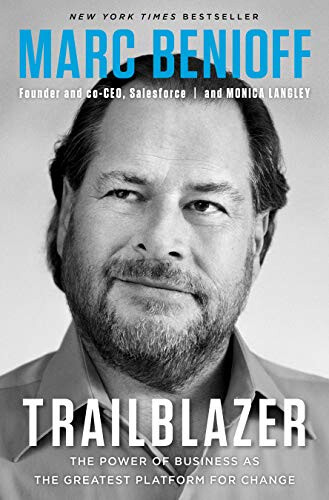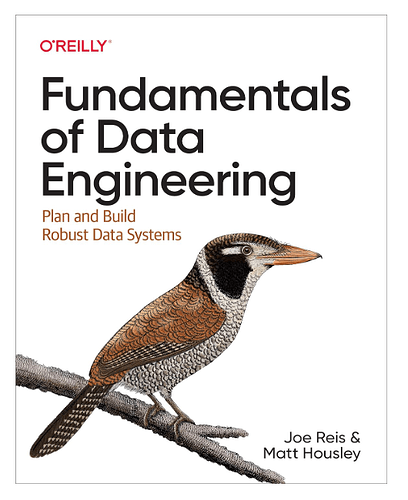I would really love to get The official Go programming language book by Adam Donovan and Brian Kernighan to learn this summer
I am urgently seeking a copy of “Fundamentals of Data Engineering” by Joe Reis and Matt Housley to enhance my understanding of data systems. This book is crucial for my studies and projects.
Here is the link to the book: https://a.co/d/2LZcZDu.
Thank you for being so considerate.
Best regards,
Abhijeet T.
Hello Vanessa,
I sincerely appreciate this opportunity to participate in the book giveaway. I am keenly interested in receiving a copy of “Learning Salesforce Development with Apex” (Hard Copy) by Paul Battisson. This book would greatly contribute to my knowledge and expertise in Salesforce development, allowing me to enhance my skills in this crucial area.
Thank you for considering my request.
Best regards,
Nivetha
Hello everyone, I would really love to get The official Go programming language book by Adam Donovan and Brian Kernighan. Learning golang is a dream of mine.
Hi
I won a book how do I claim?
Hands-On Machine Learning with Scikit-Learn, Keras, and TensorFlow: Concepts, Tools, and Techniques to Build Intelligent Systems, Third Edition (Full Colour Print) - HARDCOVER
这是一本很实用的书籍。
Hey @WannaBeTechGuru please reach out to us via email - community@developernation.net and we’ll organise the rest!
We’re pleased to announce the recent winners of our book giveaways ![]()
@bryanwitt - Algorithmic Thinking
@Tanmay0215 - The Rust Programming Language, 2nd Edition
@WannaBeTechGuru - How Large Scale Change Really Happens by Dr. Rajiv J. Shah
@Dinesh - Atomic Habits
@ramondomiingos - book about machine learning or NLP
@SumonMSelim- "Designing Data-Intensive Applications: The Big Ideas Behind Reliable, Scalable, and Maintainable Systems
To claim your books, get in touch with us via community@developernation.net
Hi @Vanessa , I want to read the book “Trailblazer-The Power of Business as the Greatest Platform for Change” by Marc Benioff to understand the inspiiring vision behind Salesforce. Looking forward to get it as a giveaway ![]() Thank you!
Thank you!

I would like to get Start with Why: How Great Leaders Inspire Everyone to Take Action by Simon Sinek.
Congratulations to @Hemant who is this weeks book winner! Please get in touch via community@developernation.net to claim your prize.
O’REILLY Learning Data Science: Data Wrangling, Exploration, Visualization, and Modeling with Python - HARDCOVER
Guys I tried to claim the book I won but the email community@developernation.net isn’t giving me the option to claim, but it’s just sending an auto response.
Hi Lenin, apologies I see your email now and I’ll reach out to you now!
Looking to improve your time management skills, whether in personal or professional life? Brian Tracy’s Eat That Frog!: 21 Great Ways to Stop Procrastinating and Get More Done in Less Time is your go-to guide. Tracy, a renowned author and productivity expert, offers practical strategies to prioritize tasks, increase efficiency, and conquer procrastination. Originally featuring 21 tips, the latest edition now includes 23 actionable insights. Tracy, who has achieved numerous accomplishments from a young age, emphasizes the importance of effective time management for professioinals. He provides clear steps on how to prioritize tasks, helping professionals in these fields overcome procrastination and optimize their productivity.
Congratulations to @HarshIceHummer who is this week’s book giveaway winner! Please get in touch via community@developernation.net to claim your book!
Hands-On in autonomous driving with (Full Colour Print) - hardcover
Congratulations to @Moammar1498 who is this week’s book winner. Please reach out to community@developernation.net so that we can make arrangements!
